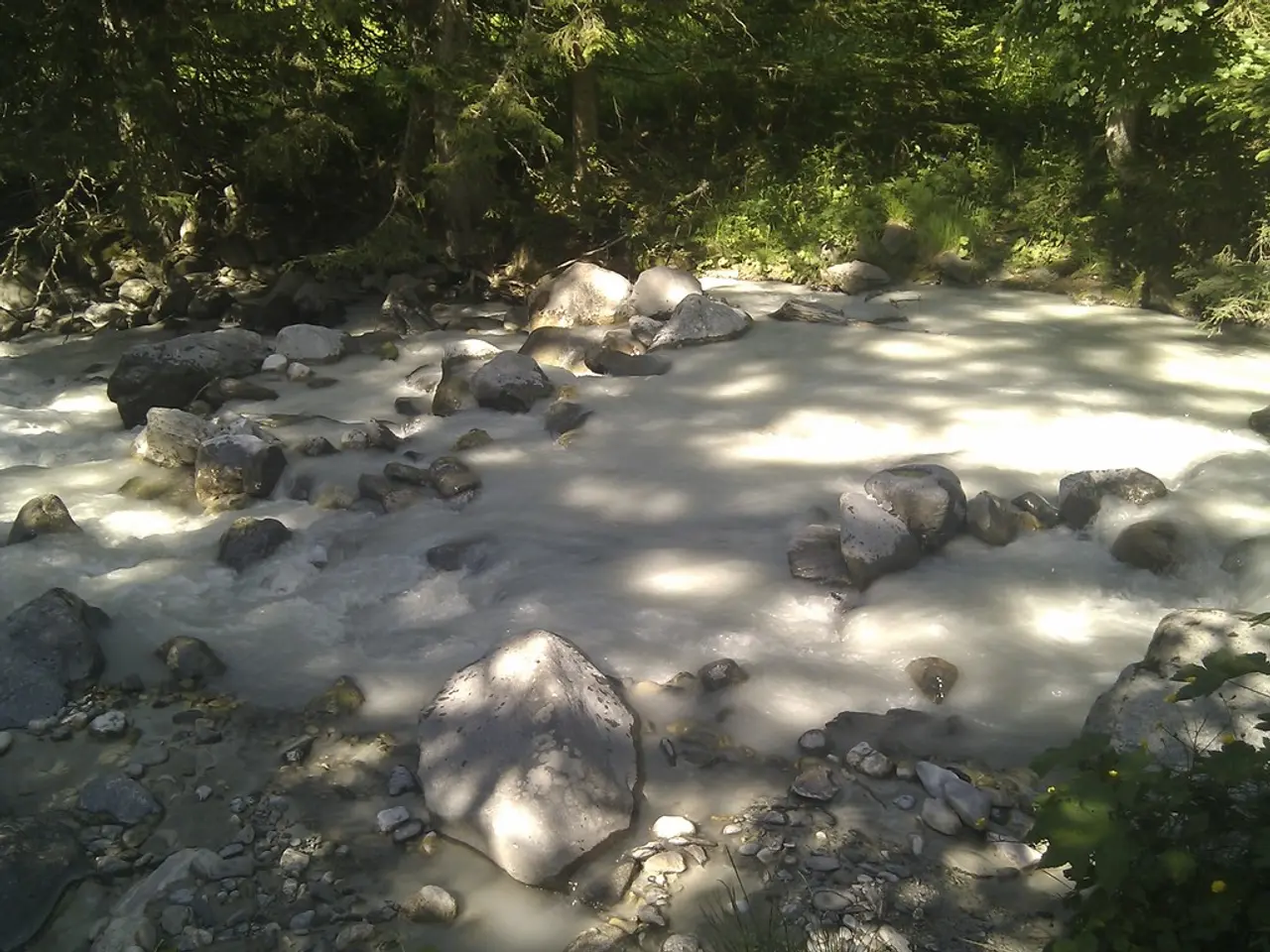Oil pipelines in Ecuador face lawsuits from indigenous communities concerned about their land and resources being threatened by continued operations.
In the heart of the Amazon Rainforest, indigenous communities are standing firm against oil company activities and the threats they pose to their lands, lives, and the rich biodiversity of the region.
On April 7, the SOTE and OCP pipelines in Ecuador ruptured due to erosion on the Coca and Napo rivers. This incident, caused by corporate plunder and government promotion of resource exploitation in the Amazon Basin, according to Gregorio Mirabel, General Coordinator of COICA, threatens the safety and health of the indigenous Kichwa community.
In response, the Kichwa communities have filed dozens of lawsuits demanding court-ordered injunctions to immediately shut down the oil pipelines until safety is restored. The Confederation of Indigenous Nationalities of Ecuador (CONAIE) has also taken legal action to prevent the resumption of oil production in the affected areas since the COVID-19 pandemic began.
Indigenous peoples, who are the first line of defense for the Amazon rainforest, have been hit hard by the pandemic. At least 20,000 people in Indigenous communities of the Amazon have been infected with COVID-19. Indigenous organizations from various countries have called for a moratorium on extractive activities to confront toxic contamination, raging fires, loss of territory and biodiversity, climate change, and now, infection.
Organizations like Amazon Frontlines and Global Wildlife Conservation are at the forefront of this fight. Amazon Frontlines, a non-profit organization based in Lago Agrio, Ecuador, supports indigenous peoples to defend their rights to land, life, and cultural survival in the Amazon Rainforest. They leverage technology, legal advocacy, and movement building in their work.
Global Wildlife Conservation, an organization that conserves biodiversity on Earth, engages in various conservation efforts including biodiversity exploration, habitat conservation, protected area management, wildlife crime prevention, and endangered species recovery.
Erosion and massive landslides are threatening a second oil spill, which could contaminate rivers flowing into Peru and Brazil. The focus of the ongoing legal battle is not just about clean up and redress, but also about ending oil company impunity and ensuring the protection of the Amazon Rainforest and its indigenous inhabitants.
As the court case remains indefinitely suspended since June, the fight continues. The featured image of this article is a poignant reminder of the stakes involved, captured by Fibonacci Blue. The future of the Amazon Rainforest and its indigenous communities hangs in the balance, and the world watches as they stand up for their rights and the preservation of one of Earth's most vital ecosystems.








